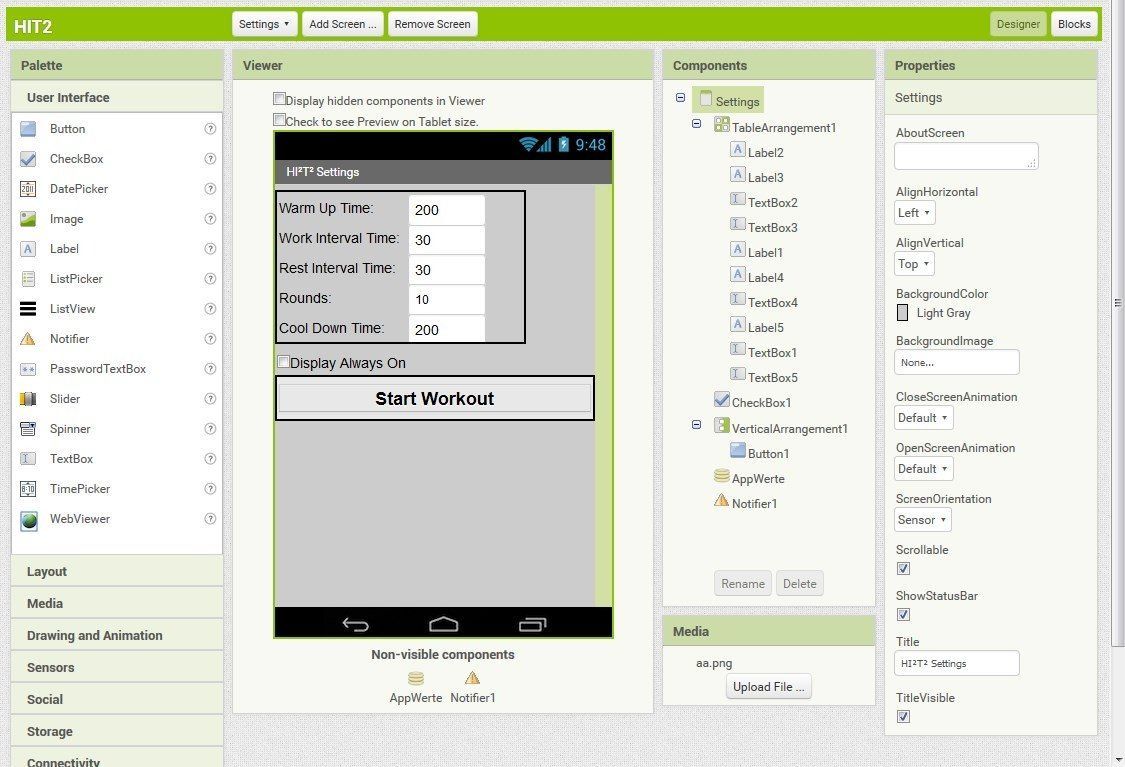
MIT has developed a device to control dreams
MIT has developed a device to control dreams
MIT has developed a device that could potentially control dreams. This innovative technology has the potential to unlock a whole new world of possibilities for both sleep research and human creativity.
The device, called Dormio, is a wristband that tracks the wearer’s physiological signals during the early stages of sleep, when dreams are more frequent and vivid. Once the device detects that the user has entered this state, it gently vibrates, prompting the wearer to become aware of their dream without fully waking up. This technique is known as “targeted dream incubation,” and it has been shown to increase the likelihood of the wearer dreaming about specific topics or ideas.
The potential applications for this technology are vast. For one, it could help people suffering from recurring nightmares or other sleep disorders. By prompting the wearer to become aware of their dreams, the device could help them gain control over their nightmares and reduce their anxiety around sleep.
Another potential use for Dormio is in the realm of creativity. Studies have shown that dreaming can have a significant impact on creative problem-solving, and targeted dream incubation could potentially be used to help people solve complex problems or come up with innovative ideas. For example, a designer could wear the Dormio device and focus on a particular design problem before falling asleep, with the hopes of dreaming about potential solutions.
The development of this technology also has significant implications for sleep research. By allowing researchers to track the wearer’s physiological signals during the early stages of sleep, they can gain a better understanding of how the brain processes information during this time. This could lead to new insights into the nature of dreams and the relationship between sleep and creativity.
Of course, there are also potential ethical concerns associated with this technology. Some have raised questions about the idea of controlling our dreams, and whether it’s ethical to manipulate the content of our subconscious in this way. Others have pointed out that targeted dream incubation could potentially be used for less benevolent purposes, such as brainwashing or psychological manipulation.
Despite these concerns, the development of Dormio is an exciting advancement in the field of sleep research and technology. As more research is conducted and the technology continues to evolve, we may be able to unlock the full potential of our dreams and use them to enhance our creativity, problem-solving skills, and overall well-being.

